About South Shores Recovery
South Shores Recovery is a dual-diagnosis drug rehab and substance use treatment facility in Dana Point, California. They serve adult men and women with detox and outpatient programs.. The treatment center creates a trauma-informed individualized curriculum for every client, comprising conventional, evidence-based treatments like cognitive behavioral therapy as well as holistic therapies like harp therapy, art therapy, yoga, and surf therapy.
South Shores Recovery provides comprehensive substance abuse treatment in Dana Point, California. Located in the thriving Orange County community, guests have a personalized recovery experience that encompasses the complete continuum of care. At South Shores, you’ll find more than an addiction treatment center, you’ll find a community of life-long support.
Detox at South Shores is medically supervised for your safety and comfort. The goal is to help you stabilize both psychologically and physiologically before you begin formal treatment. Your detox process will be tailored to your individual needs and may include a range of treatment options, including methadone and buprenorphine.
If you’re in opioid or alcohol recovery and you need longer term pharmacological support, our medication assisted treatment (MAT) may be for you. MAT can help you manage symptoms and reduce cravings so that you can truly focus on your recovery.
At South Shore, you’ll experience a home-like environment and lots of personalized care. We limit our inpatient admissions to just six residents at a time. This low staff to client ratio ensures you get the best one on one care possible. We take pride in offering our residents an intimate healing community while also respecting our clients’ personal space and need for privacy.
We’re located just blocks from the beautiful California coast. Our secluded and sprawling campus invites you to explore the grounds and savor the serenity. Our luxurious residence resembles an Italian villa, reminding you you’re more than a client. You’re our guest.
We pride ourselves in offering state of the art, highly individualized, and expertly integrated therapies to meet clients’ unique needs. Couples requiring treatment may attend residential treatment together. If you’re recovering from trauma or have been diagnosed with a co-occurring condition, we have trauma-informed and dual diagnosis programs specialized for you.
Our holistic approaches, ranging from harp therapy to meditation, foster your emotional, spiritual, mental, and physical well-being. Our surf therapy program, for instance, helps our clients practice mindfulness and build self-confidence. You’ll build muscle strength and increase joint flexibility, which can reduce pain and boost your mood, as you literally and figuratively immerse yourself in the restorative power of the sea.
Because we understand that clients in addiction recovery need a comprehensive, whole-person approach to healing, we offer solutions that support your wellness in mind, body, and spirit. Our proprietary Neuro-Nutrient therapy is designed to promote better sleep, reduce anxiety, and increase energy.
Habitual substance abuse depletes the body as well as the spirit. Through our evidence-based nutrition therapy programs, though, you can begin to take back the health and vitality that addiction tried to steal. You’ll learn to prepare healthy meals that are as delicious as they are nourishing.
We at South Shore recognize that the need for support doesn’t end when you’re discharged from our care. That’s why we offer one of the most robust alumni programs available. We offer alumni retreats, team sports, family events, and even professional networking opportunities. If you need help with your education or your career, we can do that too. We’re proud to partner with area employers to help you find your professional niche and build the career of your dreams.
Rehab Score
Gallery
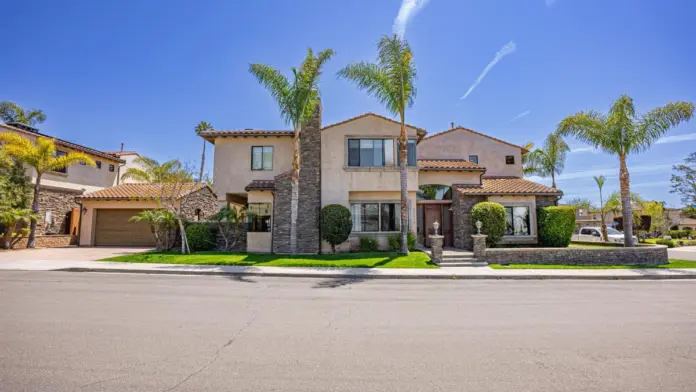
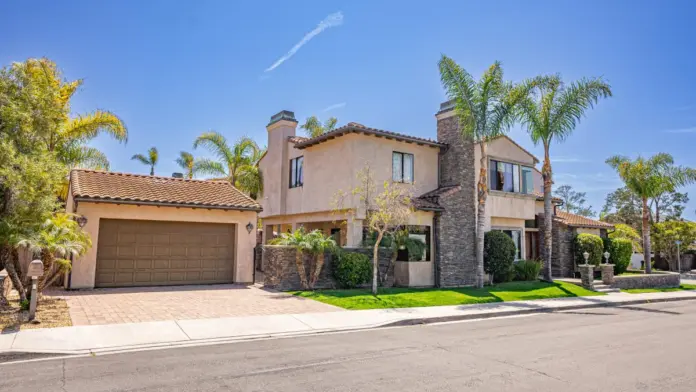


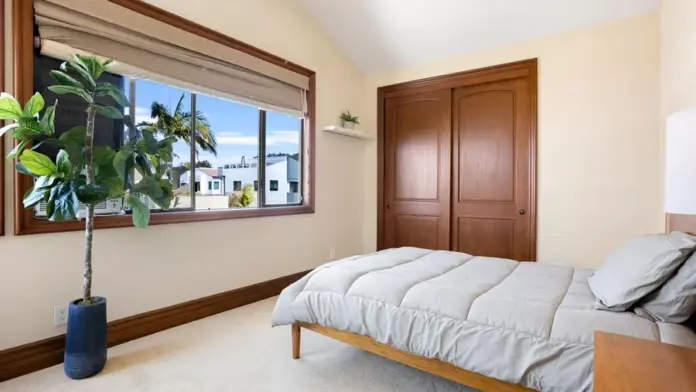
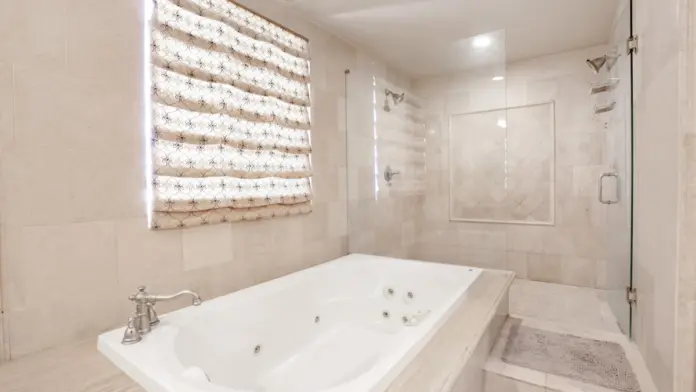
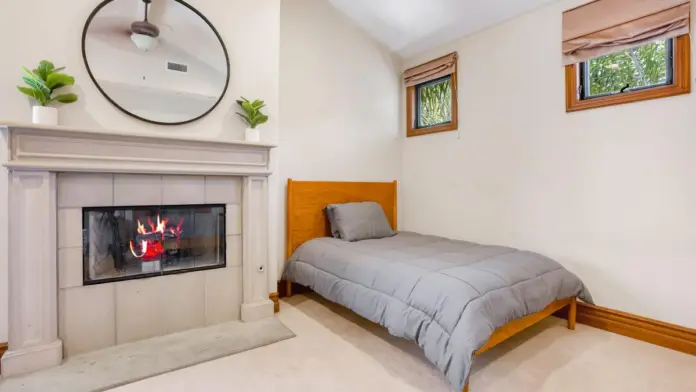
Location
Accepted Insurance




Other Forms of Payment
Private insurance refers to any kind of healthcare coverage that isn't from the state or federal government. This includes individual and family plans offered by an employer or purchased from the Insurance Marketplace. Every plan will have different requirements and out of pocket costs so be sure to get the full details before you start treatment.
Self-pay involves paying for treatment out of your own pocket. You can use savings or credit, get a personal loan, or receive help from family and friends to fund your treatment. If you don't have insurance or your insurance plan doesn't cover a specific program, self-pay can help ensure you still get the care you need.
Military members, veterans, and eligible dependents have access to specific insurance programs that help them get the care they need. TRICARE and VA insurance can help you access low cost or no cost addiction and mental health treatment. Programs that accept military insurance often have targeted treatment focused on the unique challenges military members, veterans, and their families face.
Addiction Treatments
Levels of Care
Treatments
South Shores is a luxury facility specializing in substance abuse treatment for long-term sobriety. We provide comprehensive care to address addiction and co-occurring mental health conditions. The personalized approach includes customized treatment planning, psychotherapy, recovery-focused life skills training, and an emphasis on healthy coping methods and relapse prevention strategies.
South Shores provides the highest level of alcohol addiction treatment that includes medical detox, medication-assisted treatment (MAT), using FDA-approved medicines like disulfiram to discourage alcohol use. You’ll build trust with peers while attending 12-step meetings, building trust, motivation, and accountability to support your long-term sobriety. SMART Recovery meetings provide helpful peer support strategies to manage relapse triggers.
Opioid addiction encompasses dependency on both legal and illicit substances. Prescribed medications, including post-operative pain medications, often carry a high risk of addiction. South Shores helps you safely detox from opioids with medical detox and rapid tapering. We can give you medications, like antidepressants, Gabapentin, and blood pressure medicines, to offset withdrawal symptoms during detox while monitoring your progress from 1 to 2 months. After detox, you’ll enter formal opioid addiction treatment, which, at South Shores, combines a range of therapies, including counseling, recovery education, and alternative treatments.
South Shores specializes in the treatment of numerous types of drug dependencies, including addictions to stimulants, opioids, hallucinogens, and sedatives. We also tackle addictions to prescription medications, such as Oxycodone and Xanax. Whether you need assistance with overcoming one substance or multiple substances, our experienced team can help you break the chains of drug addiction.
Dual diagnosis means having a substance addiction concurrently with mental health conditions. Co-occurring issues are frequent, and people may start using drugs as a form of self-medication. South Shores Recovery provides specialized dual diagnosis care through a comprehensive approach that simultaneously addresses the chemical dependency and the mental illness. Our integrative treatment model combines pharmacological, medical, psychological, and holistic care to support whole-person recovery. \\\\\\\\\\\\\\\\\\\\\\\\\\\\\\\\\\\\\\\\\\\\\\\\\\\
Programs



Clinical Services
Cognitive Behavioral Therapy (CBT) is a therapy modality that focuses on the relationship between one's thoughts, feelings, and behaviors. It is used to establish and allow for healthy responses to thoughts and feelings (instead of unhealthy responses, like using drugs or alcohol). CBT has been proven effective for recovering addicts of all kinds, and is used to strengthen a patient's own self-awareness and ability to self-regulate. CBT allows individuals to monitor their own emotional state, become more adept at communicating with others, and manage stress without needing to engage in substance abuse.
While participating in dialectical behavior therapy in California, you’ll focus on four key areas of skill development: mindfulness, interpersonal effectiveness, emotion regulation, and distress tolerance. Treatment includes weekly individual and group sessions.
During group therapy, men and women learn to express their emotions openly in a non judgmental setting. This helps you process your feelings and reduces feelings of social isolation that are often associated with addiction.
Individual therapy for drug addiction includes a customized treatment plan that considers your history and life circumstances. During your therapy sessions, the therapist helps you uncover underlying issues and triggers for addictive behavior that support a holistic approach to recovery.
For clients who are struggling with ambivalence toward change, motivational interviewing in California can help strengthen their commitment to change. Using a conversational method, the therapist helps you explore your motivations and empowers you to make the changes you desire.
Eye Movement Desensitization and Reprocessing (EMDR) is a trauma focused therapy in California that uses bilateral stimulation, like eye movements, to help you resolve traumatic memories. This evidence based therapy is widely recognized for its effectiveness in treating post traumatic stress disorder and other traumatic conditions. Following an eight phase protocol this approach helps reduce your emotional stress and fosters healing and resilience.
Family therapy offers a platform for members to have an open dialogue about the challenges that addiction has placed on the family unit. Through guided sessions, therapists can help families develop healthy communication skills and address unresolved issues. By working together toward a common goal, they help to support their loved one's sobriety.
While in rehab treatment, you may work on developing various life skills to help you in long term recovery. These may include resilience, interpersonal skills, and self awareness. The focus will be on developing healthy habits for self care and relationships so you have the skills you need to manage day to day life.
Substances can prevent the absorption of nutrients and cause damage to your body’s systems. Nutrition therapy in California addresses the deficiencies in vitamins and minerals that are caused by substance abuse.
Creativity is inherently healing, and can help those in recovery express thoughts or feelings they might not otherwise be able to. Creative arts therapy can include music, poetry/writing, painting, sculpting, dance, theater, sandplay, and more. Unlike traditional art, the final product matters far less than the experience of creation and expression itself.
Amenities
-
Gym
-
Yoga Studio
-
Residential Setting
-
Private Rooms
-
Hiking
Staff & Accreditations
Staff
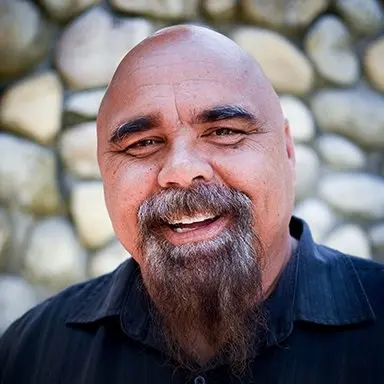
CEO
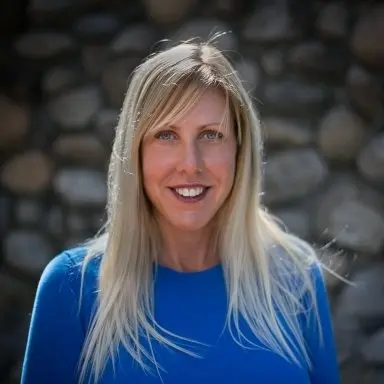
Clinical Visionary Officer
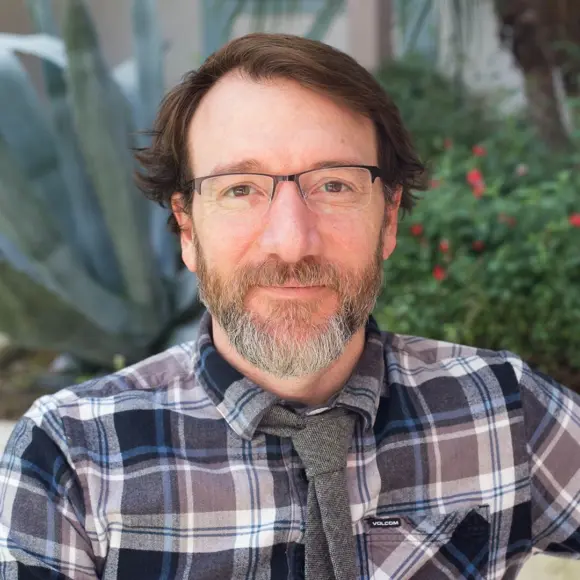
Medical Director
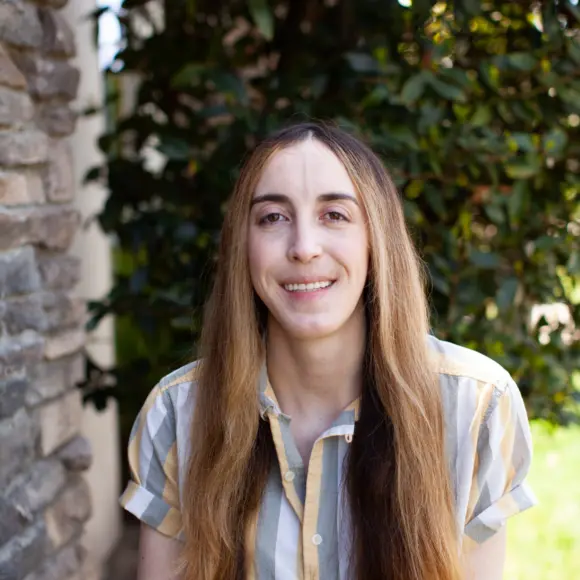
Operations Director

Program Manager
Accreditations

LegitScript has reviewed South Shores Recovery as part of their certification program, and has determined that it meets the LegitScript standards for legality, safety and transparency.
LegitScript verified in

State Licenses are permits issued by government agencies that allow rehab organizations to conduct business legally within a certain geographical area. Typically, the kind of program a rehab facility offers, along with its physical location, determines which licenses are required to operate legally.
State License: California

The Joint Commission, formerly known as JCAHO, is a nonprofit organization that accredits rehab organizations and programs. Founded in 1951, the Joint Commision's mission is to improve the quality of patient care and demonstrating the quality of patient care.
Joint Commission Accreditation: Yes
